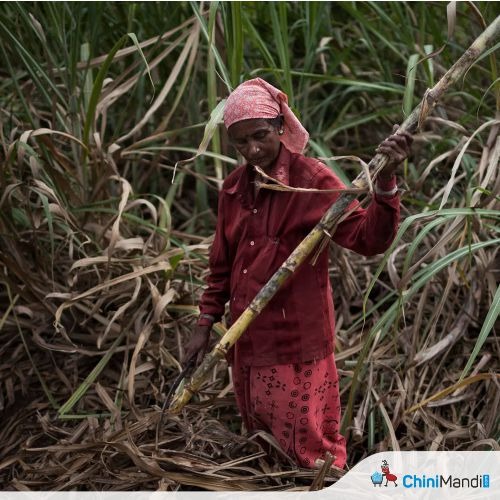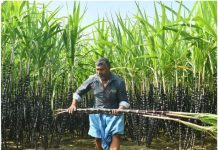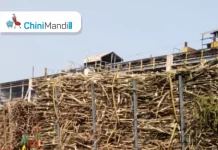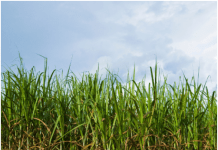Belgavi, Karnataka: In a joint effort to improve soil health and support sustainable farming, the state’s agriculture department and local sugar mills have started a new program to convert sugarcane trash into organic fertilizer, reported The New Indian Express.
After harvesting, farmers typically burn millions of tonnes of crop residue, a practice that depletes soil fertility, destroys vital microorganisms, and damages the environment. The new initiative aims to curb stubble burning by encouraging farmers to repurpose this agricultural waste instead.
The program is starting with 3,000 hectares of farmland spread over five districts. To date, 114 sugarcane farmers have been trained in special composting methods that turn the cane residue into nutrient-rich organic manure.
This collaboration between the Agriculture Department, Horticulture Department, and sugar mills is designed to make soil more fertile, help crops grow better, and decrease the need for chemical fertilizers. Using this trash-based compost helps tiny organisms in the soil thrive, allows the soil to hold water more effectively, and can lower the cost of controlling weeds.
For the initial phase, 2,000 hectares have been set aside in the Belagavi and Bagalkot districts. Farmers in 114 chosen villages have already received practical training, and the program is also providing support with composting tools and machinery.
HD Kolekar, a Deputy Director with the Agriculture Department in Belagavi, stated, “This new campaign to repurpose sugarcane waste is being carried out together with sugar mills. We have trained hundreds of farmers, and the work is currently active in five districts. For Belagavi district, we are focusing on 1,300 hectares.”


















